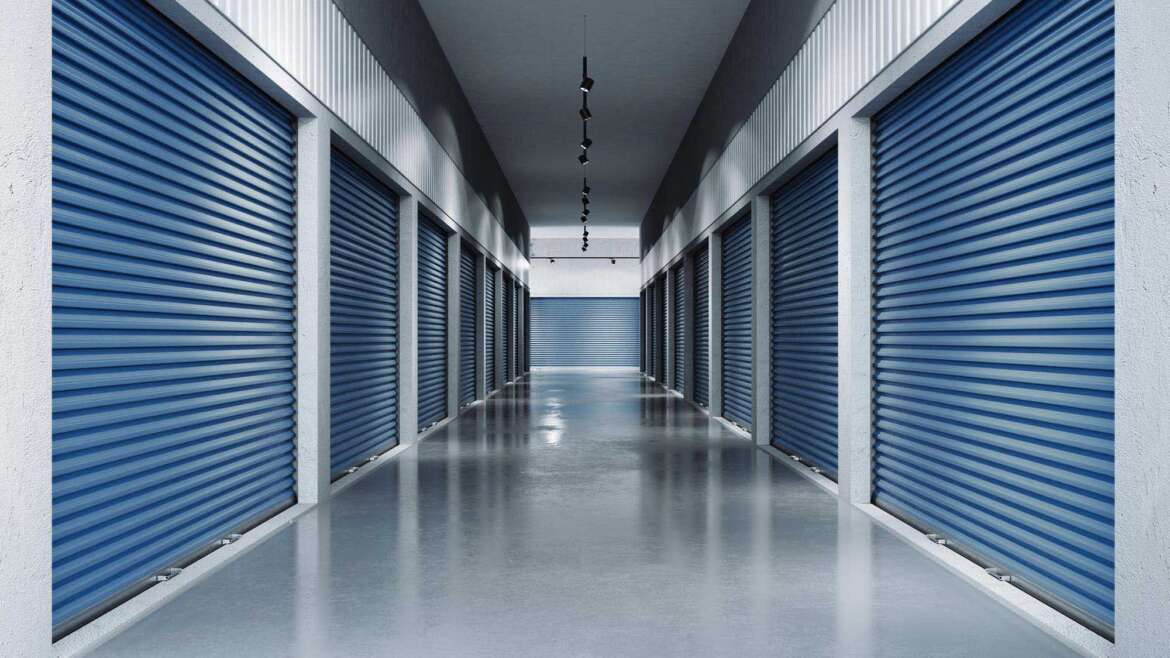Should I Rent A Storage Unit?
Lets take a quiz.
Yes / No?
- I graduated from college 30 years ago and can’t part with my textbooks, term papers, and what else do I have in that storage unit? I’m sure my kids will find it fascinating to go through when I’m gone. No need to stir up dust.
- My garage is overflowing and I just bought a new car. I need to protect it from the weather. Let me fill a portable storage unit and have my stuff moved off site. When my life isn’t so hectic, I’ll go through the unit and get rid of all the junk.
- I paid a lot of money for that furniture when I bought my first home. When my kids go off to college, I’m sure they’ll want to use it. Besides, shabby chic is in, right?
- The kids are married with children of their own. I’ve asked them to take their childhood treasures off my hands but they don’t have time, and they live far away. If I get rid of it, they might be upset with me, so I’d better keep it all until they’re ready.
Yes / No?
- I’m moving soon and my house is too cluttered. A storage unit might be helpful until I move to my new place. My realtor says I should minimize furniture and clutter so the house will be appealing to buyers.
- I will be leaving the country on a temporary assignment for a short time. Storing my belongings may help by allowing me to rent or lease my home to pay expenses while I’m away.
- I just inherited the contents of my aunt’s estate but there’s no room in my house to put it. A storage unit will allow me the time I need to make arrangements for redistribution of her heirlooms, and prevent me from being overwhelmed while I deal with her death.
- I own a business and I’m required by law to keep several years worth of records but there’s no room in my home. Renting a small storage unit will help keep peace in the family and free up space for more functional use. Besides, it’s a business expense.
Okay. I hope that was fairly easy. The last four reasons for renting a storage unit seem reasonable, while the first four, might not be
You’ve Decided To Commit. Now What?
Once you’ve determined that renting storage space makes sense, be sure to consider the following:
Have an end-date in mind. You don’t want to pay for a unit indefinitely.
Be realistic about your space requirements. When the brochures states that the unit will hold the contents of a two-bedroom apartment, be sure to get clarification about what that means in terms of boxes and furnishings. In real life, people tend to have a lot more than those estimates take into account.
Talk to your insurance agent to be sure the contents of your unit are covered under your homeowners or renter’s policy. Find out if any special conditions or exclusions apply. Make sure the storage facility is open when you need access. Check the hours of operation an inquire about the security and safety of the storage location.
Consider how close your unit is to the parking lot and the distance your items will have to be carried, either by you or someone else. Find out if the storage company rents trucks and sells packing materials if you think you might need them. Ask about special offers and perks. Read your contract carefully and ask for clarification before you sign anything.
Determine whether your belongings require a temperature-controlled environment. Don’t risk damage due to improper storage. Be sure you know what items are restricted for storage. You’re not allowed to store chemicals, hazardous materials, firearms, or other dangerous substances in a storage unit.
An Organized Unit Will Make Your Life Easier
- Pack boxes fully. If the contents are oddly shaped or don’t fill the box, stuff the empty space with newspaper or other cushioning material. This will keep them from being crushed under the weight of other boxes and prevent tipping.
- Label boxes on the top and sides so the contents can be easily identified.
- Keep heavy boxes nearest the floor and lighter ones higher the top. It will protect you from back injuries
- Seal boxes completely to protect from dirt, dust and pests.
- Create aisles so that retrieving what you need is easier, but keep items you’re likely to need sooner near the front.
- Maximize the use of vertical space by adding a shelving unit. This will eliminate the extra labor and backache of moving boxes around to get at the one you want.
- Store pictures and mirrors standing on end, not flat, and wrap them carefully to prevent breakage.
- Cover furniture with sheets or blankets to protect them from dust and dirt.
- Finally, create an inventory of the boxes and generally, what’s in them. Post it somewhere inside the unit and keep a copy at home with your storage unit contract.

